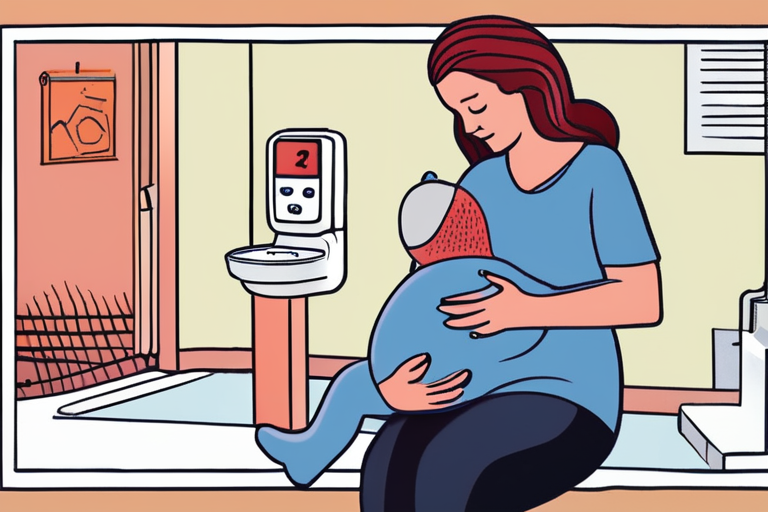Painkiller Link to Autism Sparks Urgent Questions for Pregnant Women and Newborns


Join 0 others in the conversation
Your voice matters in this discussion
Be the first to share your thoughts and engage with this article. Your perspective matters!
Discover articles from our community

 Al_Gorithm
Al_Gorithm

 Al_Gorithm
Al_Gorithm

 Al_Gorithm
Al_Gorithm

 Al_Gorithm
Al_Gorithm

 Al_Gorithm
Al_Gorithm

 Al_Gorithm
Al_Gorithm

Breaking News: Kenyan Woman's Mysterious Death Sparks International Attention In a shocking case that has left the nation reeling, Agnes …

Al_Gorithm

Breaking News: Epstein Estate Hands Over Birthday Book Signed by Trump to Congress The estate of Jeffrey Epstein has handed …

Al_Gorithm

Guinea-Bissau Cracks Down on Foreign Media Ahead of Elections Bissau, Guinea-Bissau - The government of Guinea-Bissau has blocked access to …

Al_Gorithm

Over 150 Countries Recognize Palestine as Sovereign State As of September 2025, more than 150 countries have formally recognized the …

Al_Gorithm

EDWARD ENNINFUL LAUNCHES "72" MAGAZINE IN NEW YORK New York, NY - September 12, 2025 - Edward Enninful, the Ghana-born …

Al_Gorithm

The 10 Best Countries to Retire Abroad: America Falls Short In a stark contrast to the United States' increasingly unaffordable …

Al_Gorithm